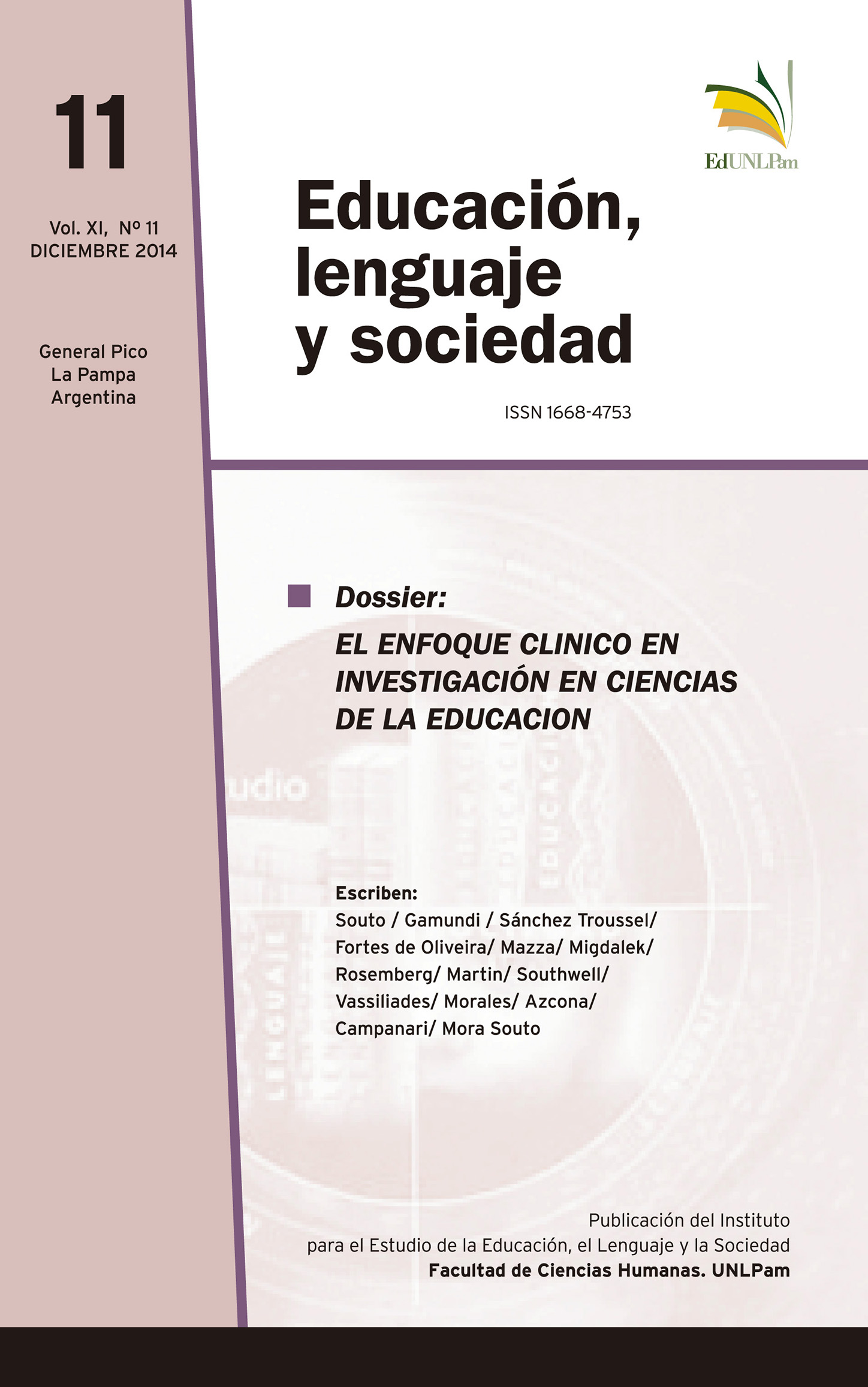The labour as an horizon projected over an anthropological being
Keywords:
Labour, Alienation, FreedomAbstract
In this paper we seek to expand and understand the complexity and richness of labour. This concept takes a double an opposite determination for Marx: as alienated labour and as free activity, creative, voluntary and rational.To do this, we will show that, discuss about labour is the same as arguing about the man himself. This concept is understood as hermeneutic exercise of comprehension that man makes about the world, about himself, and about others. Therefore, the fight against all possible alienation or oppression is but the commitment to build another world, a different one, and that world is no more than communism.
The complexity with this concept and the reality, that is labour, reveals the inability to understand human being. Work is where oppression is generated but at the same time, is the place from where you can make the radical transformation of both, the objective and subjective conditions that underpin the building of political economy on which it stands and is where can reverse the alienation.
The methodology that we used for this paper will consist on the bibliographical analysis of Marx’s work, centering as a priority on two texts; one of his writings of youth, known as los Economic and Philosophic Manuscripts of 1844 (2001). The other text is the most famous one, written in his last years of life, known as Capital (2000). We are going to analyze, in these two writings, the role and the place which plays labour as access key to an oppressive economic system.
Likewise, there will be a critical reading on the bibliography of some interpreters of Marx; some of them are Marxists, other ones critics and most of them in an intermediate situation. The purpose of this, is to expand the
horizon of study in other to give birth to the impact and the reception that this problem has had on philosophers and thinkers throughout history. Just to mention a few: Arendt, Del Barco, Derrida, Sartre, Fromm, Lukács, Marcuse, Balibar and Negri.
Downloads
Download data is not yet available.
Downloads
Published
2016-07-04
Issue
Section
Artículos






21.png)







